Past Events
Nqwalútenlhkalha, Our Languages
with Dr. Verna St. Denis
Thursday, November 2, 2023
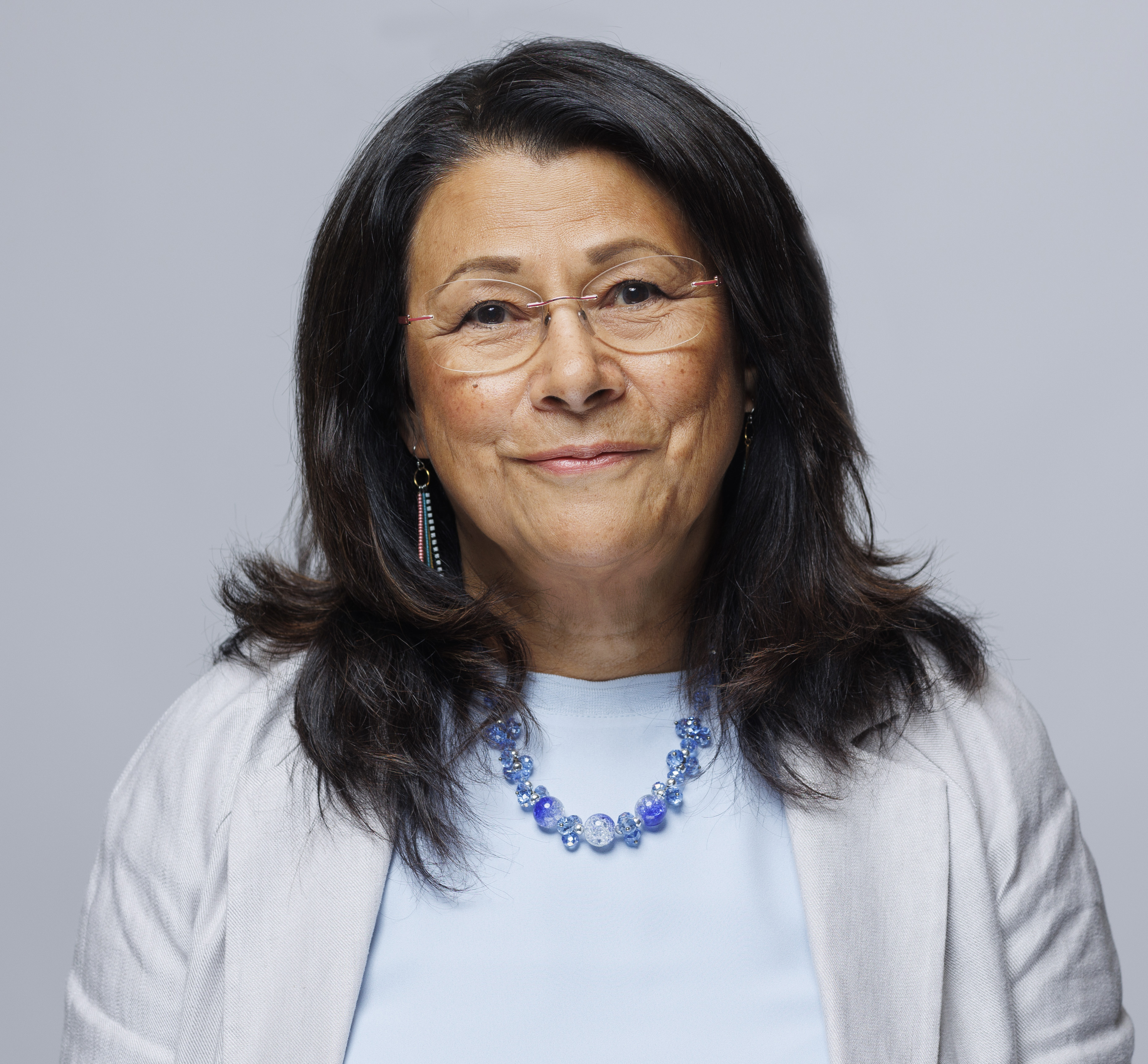
Verna St. Denis is a professor of education and special advisor to the president on anti-racism/anti-oppression at the University of Saskatchewan, where she has taught undergraduate and graduate courses in integrated anti-racist education for many years. She is both Cree and Metis and a member of the Beardy’s and Okemasis First Nation. Dr. St. Denis is a widely sought-after speaker on the topic of racism in education. Her research and scholarship are in anti-racist and Indigenous education, and she has published extensively on these topics.
Nqwalútenlhkalha, Our Languages
with Dr. Lorna Wanosts'a7 Williams
Tuesday, May 10, 2023
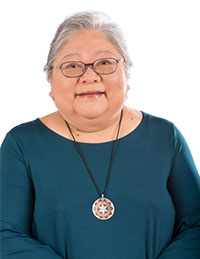
Dr. Lorna Wanosts'a7 Williams is Professor Emerita of Indigenous Education, Curriculum and Instruction at the University of Victoria and Canada Research Chair in Education and Linguistics. She has been living and breathing the Calls to Action on education and language since before the Truth and Reconciliation Commission was ever imagined. She built her career on the principle that quality education for Indigenous children must be characterized by strong cultural teachings alongside a Euro-Western education.
Perspectives on Reconciliation
with Dr. Pamela Palmater
Tuesday, June 21, 2022
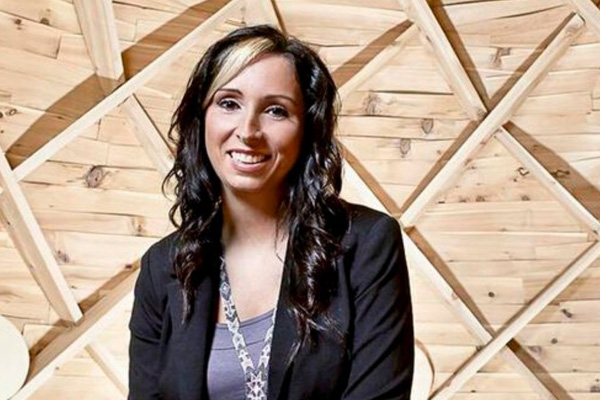
Pam Palmater is an award-winning public speaker, author and social justice activist. She was one of the spokespeople and public educators for the Idle No More movement and continues to advocate alongside other social movements focusing on Indigenous rights, social justice and climate action. She is also a well-known media commentator and public speaker - considered one of Canada’s Top 25 Influential Movers and Shakers by the Financial Post (2017).
Pam has four university degrees, including a BA from St. Thomas University in Native Studies; an LLB from the University of New Brunswick, and her Masters and Doctorate in Law from Dalhousie University, specializing in Indigenous law. She is frequently called as a legal expert before Parliamentary and Senate committees, as well as United Nations treaty bodies dealing with human rights, and laws and policies impacting Indigenous peoples.
A member of Eel River Bar First Nation and a citizen of the Mi’kmaw Nation, Pam has been volunteering and working with First Nations and grassroots organizations for over 30 years. Her focus on Indigenous education, sovereignty and nationbuilding, includes work in Indigenous law-making, land reclamation and global advocacy in human rights.
Reconciliation: Where are we?
by Chief Dr. Robert Joseph, OC, OBC
Friday, April 22, 2022
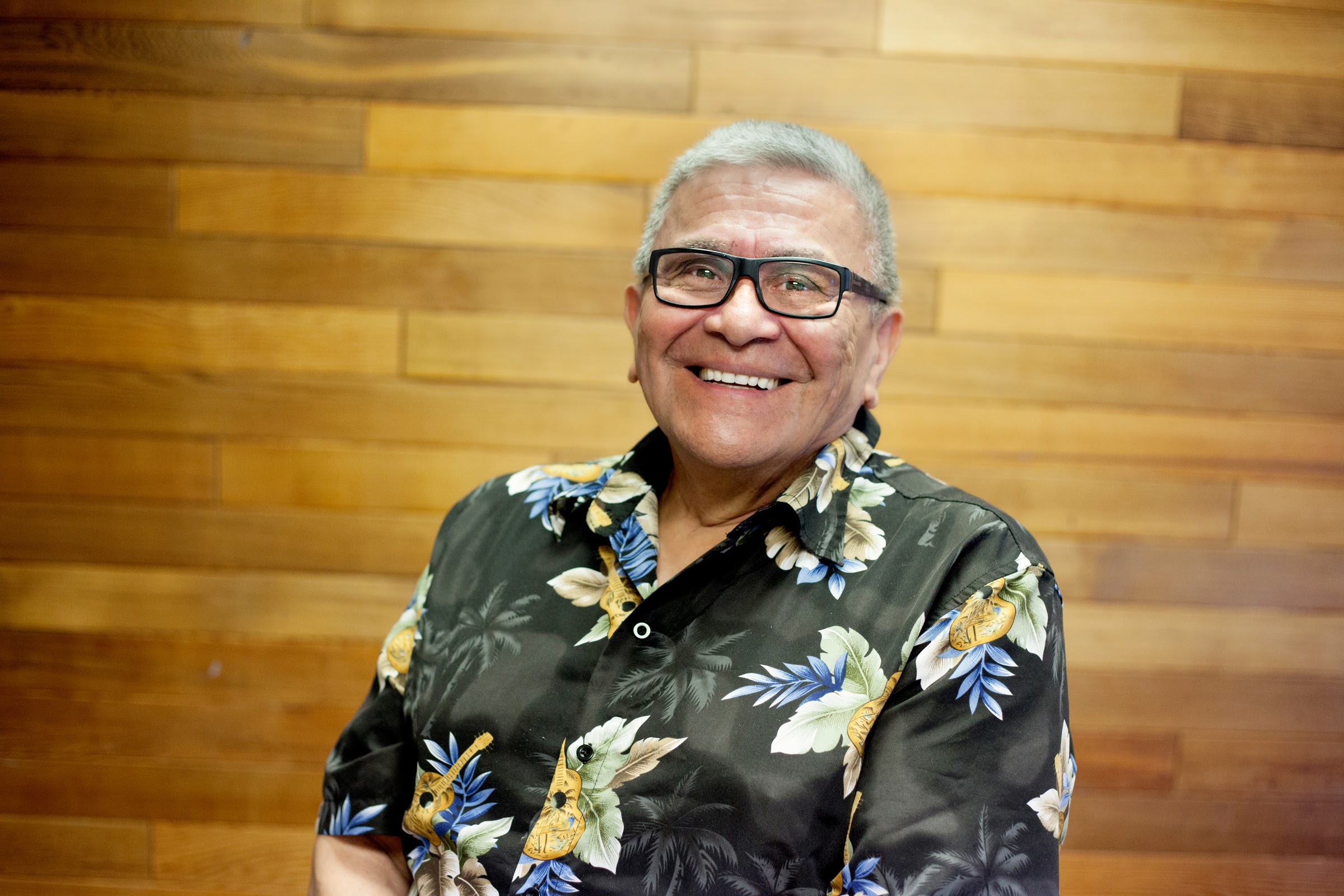
Chief Dr. Robert Joseph, OC, OBC is a Hereditary chief of the Gwawaenuk First Nation who has dedicated his life to bridging the differences brought about by intolerance, lack of understanding and racism at home and abroad.
As one of the last few speakers of the Kwakwaka’wakw language, Chief Joseph is an eloquent and inspiring Ceremonial House Speaker. He is currently the Ambassador for Reconciliation Canada, a member of the National Assembly of First Nations Elders Council and an Honorary Witness to Canada’s Truth and Reconciliation Commission (TRC).
He has served as the Executive Director of the Indian Residential School Survivors Society. As Chairman of the Native American Leadership Alliance for Peace and Reconciliation and the Ambassador for Peace and Reconciliation with the Interreligious and International Federation for World Peace (IFWP), Chief Joseph has sat with the leaders of South Africa, Israel, Japan, South Korea, Mongolia and Washington, DC to learn from and share his understanding of faith, hope, healing and reconciliation.
Decolonizing the Academy: Trans-systemic Transformations
by Dr. Marie Battiste
Thursday, February 24, 2022
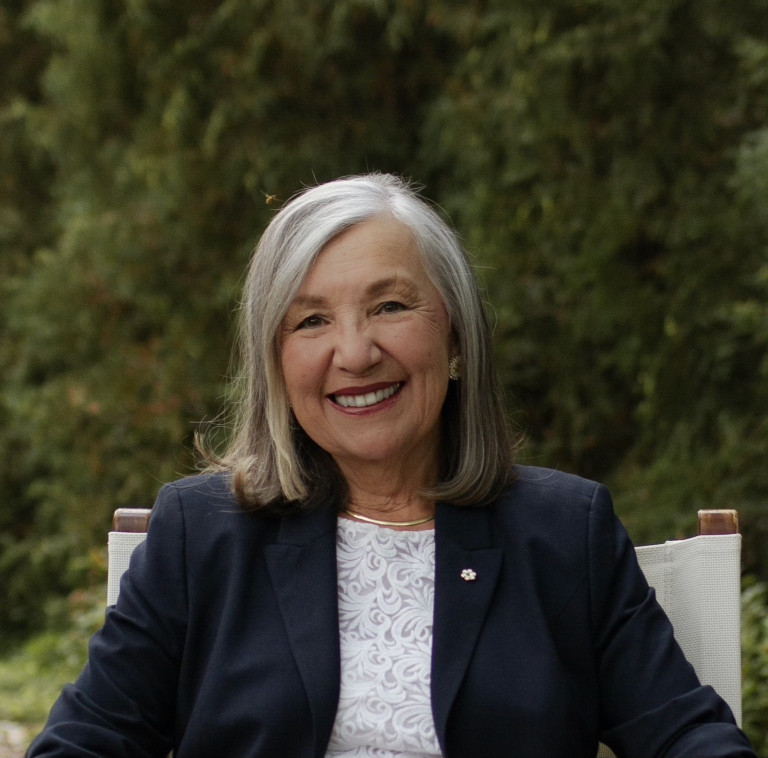
This presentation will focus on the mandates, challenges and tensions of Indigenization and reconciliation arising from what counts as knowledge, how Indigenous knowledges differ from Eurocentric disciplinary knowledges, and how Indigenous faculty and students must navigate diverse knowledges and systems often to their detriment. Dr. Battiste will explain the diverse ways Indigenization is practiced across Canada in universities and why decolonizing knowledges in curricula and decolonizing systems matter to universities.
Reconciliation with Radical Thought, Action, and Heart
by Len Pierre
Wednesday September 29, 2021
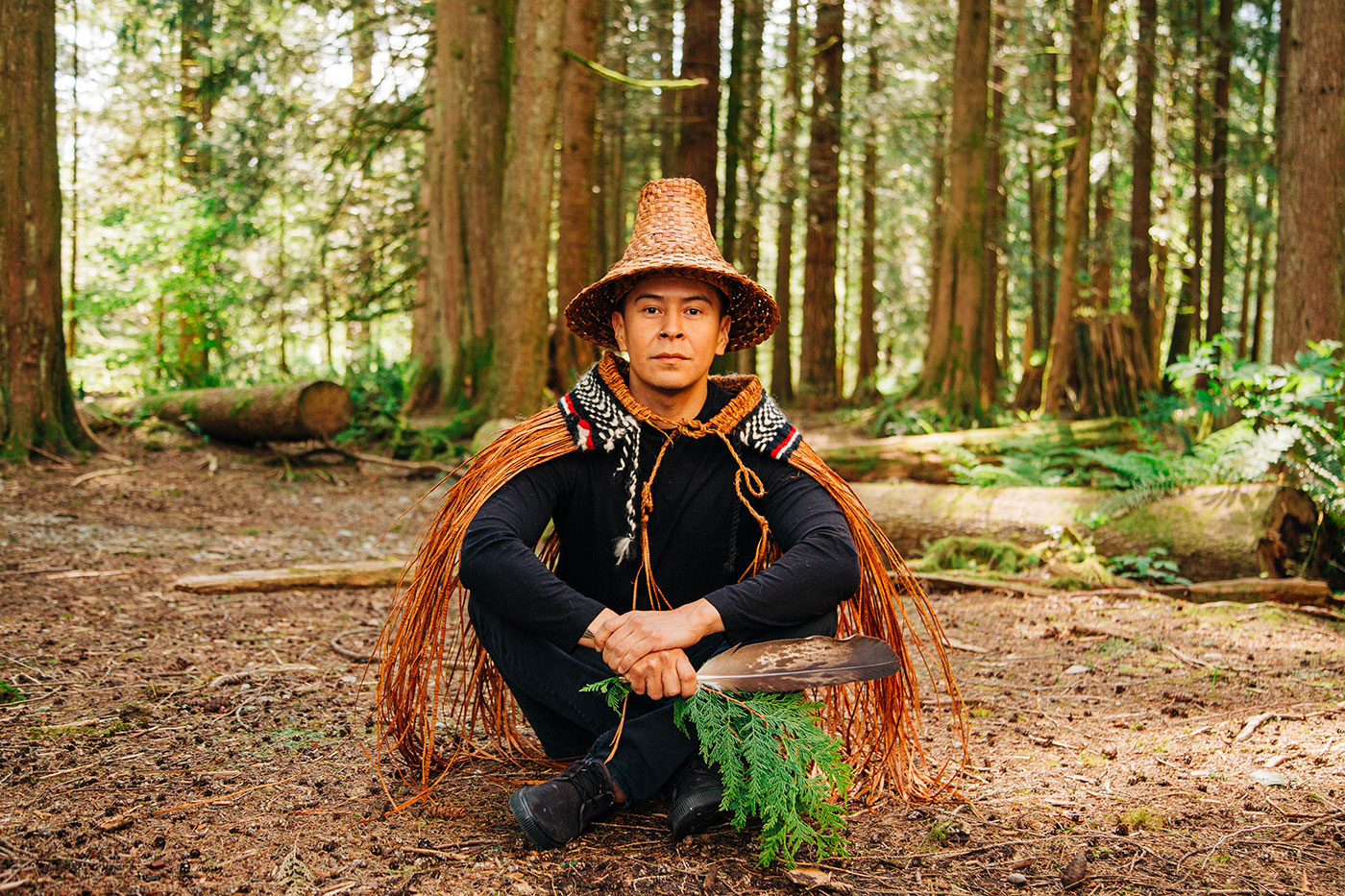
This event is planned in advance of, and to recognize the National Day for Truth and Reconciliation. The first speaker in the series this year is Len Pierre (Pul-ee-qwe-luck), Special Advisor to the President on Indigenous Leadership, Innovation and Partnerships.
Len Pierre (Pul-ee-qwe-luck) is Coast Salish from the Katzie First Nation. He is an educator, TEDx Speaker, Knowledge Keeper, and cultural practitioner who specializes in decolonial, reconciliatory, and Indigeneity work with organizations. With a background in adult education and Indigenous methodology, Len aims to decolonize and transform corporate systems, approaches, policies, and curriculum content in any professional discipline. Len will talk about how reconciliation can move from 'knowing' to 'doing' in higher education. Len says, "We have everything we need for the journey ahead." There are countless documents, research, and literature led by Indigenous peoples that give us the blueprint to build reconciliation into our practices, policies, principles, and physical places. Len will guide us through reconciliation strategies, ethics, dilemmas, pitfalls, and leave the floor open for further dialogue.
Perspectives on Indigenization
Wednesday November 25, 2020

Jo-ann Archibald – Q’um Q’um Xiiem will share perspectives, policy approaches, and practices related to making the university more respectful and responsive to Indigenous peoples and Indigenous knowledges for which the term ‘Indigeneity’ is used. In a new era of reconciliation advocated in the recent Calls to Action of the Truth and Reconciliation Commission of Canada (2015), she will examine the following questions: What does it mean to decolonize or Indigenize the university? Why does it matter? How can all those who work and study at Kwantlen Polytechnic University (KPU) be engaged in reconciliation with Indigenous peoples/communities? How can Indigenous knowledge shape learning and research at KPU in meaningful ways?
